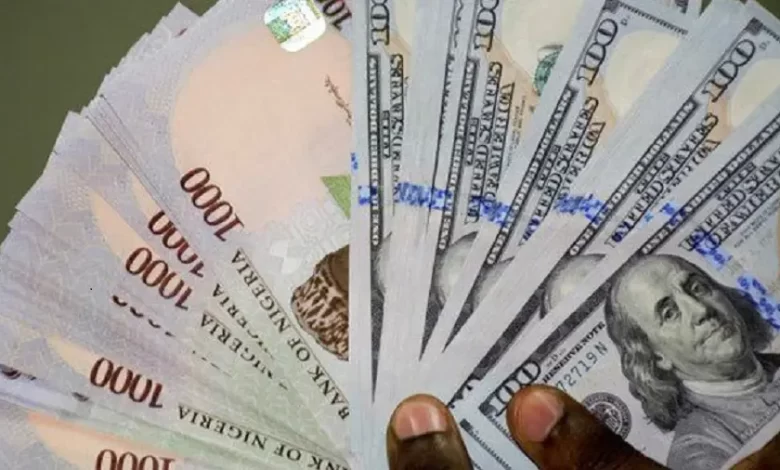A new report suggests that the Nigerian naira could further depreciate, reaching an alarming N1,993 per dollar within the next year. This forecast follows a period of sharp currency devaluation, driven by multiple economic pressures including high inflation, foreign exchange scarcity, and the lack of sufficient government intervention to stabilize the currency.
Economic Strain and Exchange Rate Pressures
Analysts point to the Nigerian Central Bank’s challenges in managing foreign reserves as one of the major factors driving the naira’s devaluation. As Nigeria continues to rely heavily on imports, demand for the U.S. dollar has surged, while forex inflows remain low. This imbalance is also evident in the parallel market, where rates are even more volatile and have recently hovered around N1,730.
Additionally, the ongoing inflation rate, which has remained high, is putting increased pressure on consumer goods, making imports more expensive and increasing the demand for forex. Although recent policy moves—such as the commencement of operations at the Dangote Refinery—are expected to reduce the need for fuel imports, experts warn that the impact may be limited without broader economic reforms.
Potential Remedies and Economic Outlook
Many economists argue that fundamental reforms are essential to stabilizing the naira and restoring confidence in Nigeria’s economy. Recommendations include diversifying revenue streams beyond oil, enhancing foreign investments, and implementing policies to boost local production, which could reduce dependency on imports.
The situation underscores the need for the Nigerian government to take immediate and effective measures to strengthen the economy and prevent further devaluation. However, with predictions of the naira reaching N1,993 per dollar by 2025, the path forward appears challenging and complex.
What Lies Ahead for the Naira?
The road to economic stability will likely involve a multifaceted approach, combining fiscal reforms, foreign exchange management, and policy changes to reduce inflationary pressure. While some relief might come in the short term, the long-term outlook indicates a cautious approach is necessary to prevent further economic downturns.
This scenario illustrates Nigeria’s urgent need to address the deep-rooted economic issues contributing to the naira’s depreciation and highlights the broader implications for the country’s economy and citizens if these predictions materialize.

